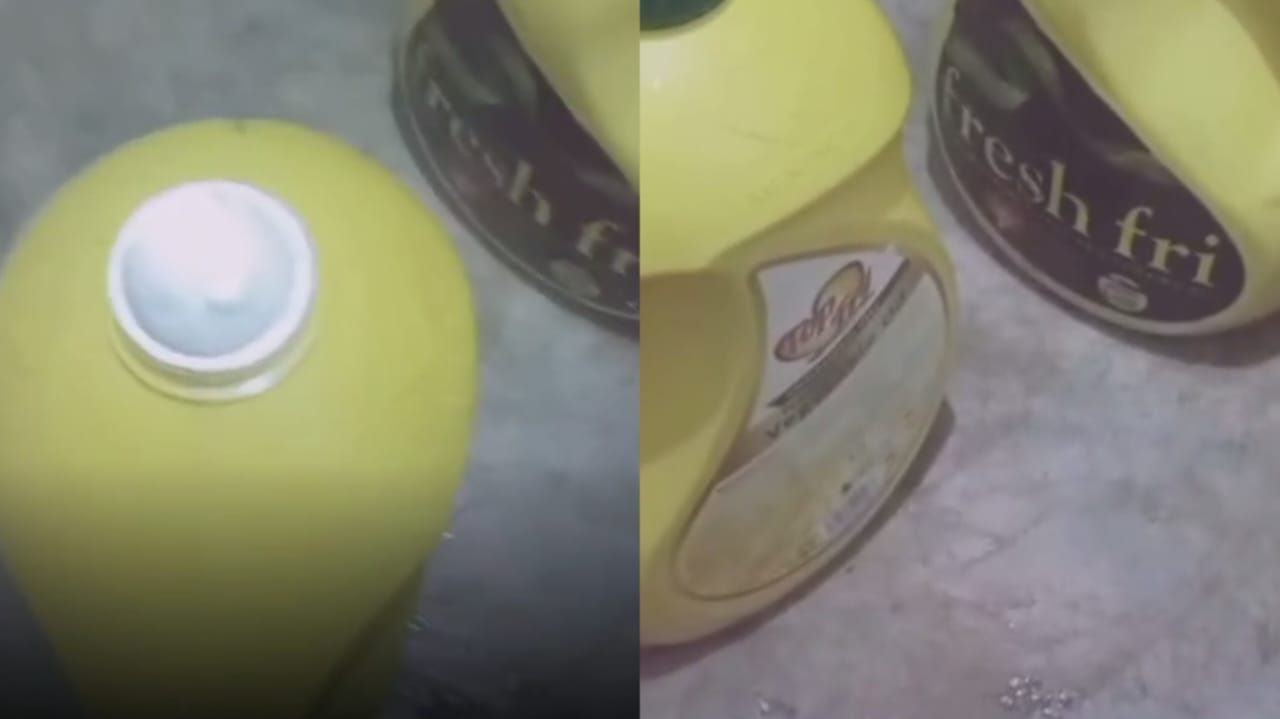In a distressing turn of events, a Kenyan man recently voiced his frustration on social media after becoming the unfortunate victim of a clever scam where he unknowingly purchased a bottle of water instead of cooking oil.
The incident unfolded when the man, who has chosen to remain anonymous, shared his ordeal with netizens.
He explained, “Nilienda kule Nairobi nikaambiwa na jamaa, tukona promotion wanapeana mafuta, ukifungua vizuri mafuta ikona seal, ukiangalia kwa karibu inakaa mafuta lakini ni maji,” which translates to “I went to Nairobi and was told by someone that they had a promotion selling cooking oil. When you open it correctly, it has a seal, and upon close inspection, it appears to be oil, but it’s water.”
View this post on Instagram
This incident underscores the growing concern surrounding scams and fraudulent activities, which are increasingly prevalent in various forms. In this case, the victim’s trust was exploited by the deceptive appearance of the product.
Such fraudulent schemes are not uncommon, and Kenyan authorities have been actively working to combat them. The victim’s social media post has sparked conversations about the need for increased consumer awareness and vigilance against scams.
Kenyan authorities are urging citizens to exercise caution when purchasing goods from sources that seem suspicious or unverified. They advise consumers to verify the authenticity of products and the reputation of sellers before making any purchases.
In response to the victim’s post, some netizens shared their own experiences with similar scams and offered support and advice on how to avoid falling prey to such deceptive practices.
This incident serves as a reminder of the importance of consumer education and the need for regulatory bodies to intensify efforts in monitoring and curbing fraudulent activities in the marketplace.
The anonymous victim’s story is a call to action for both consumers and authorities to be vigilant, seek legal recourse when necessary, and promote a more secure consumer environment to protect against scams and fraud in Kenya.

